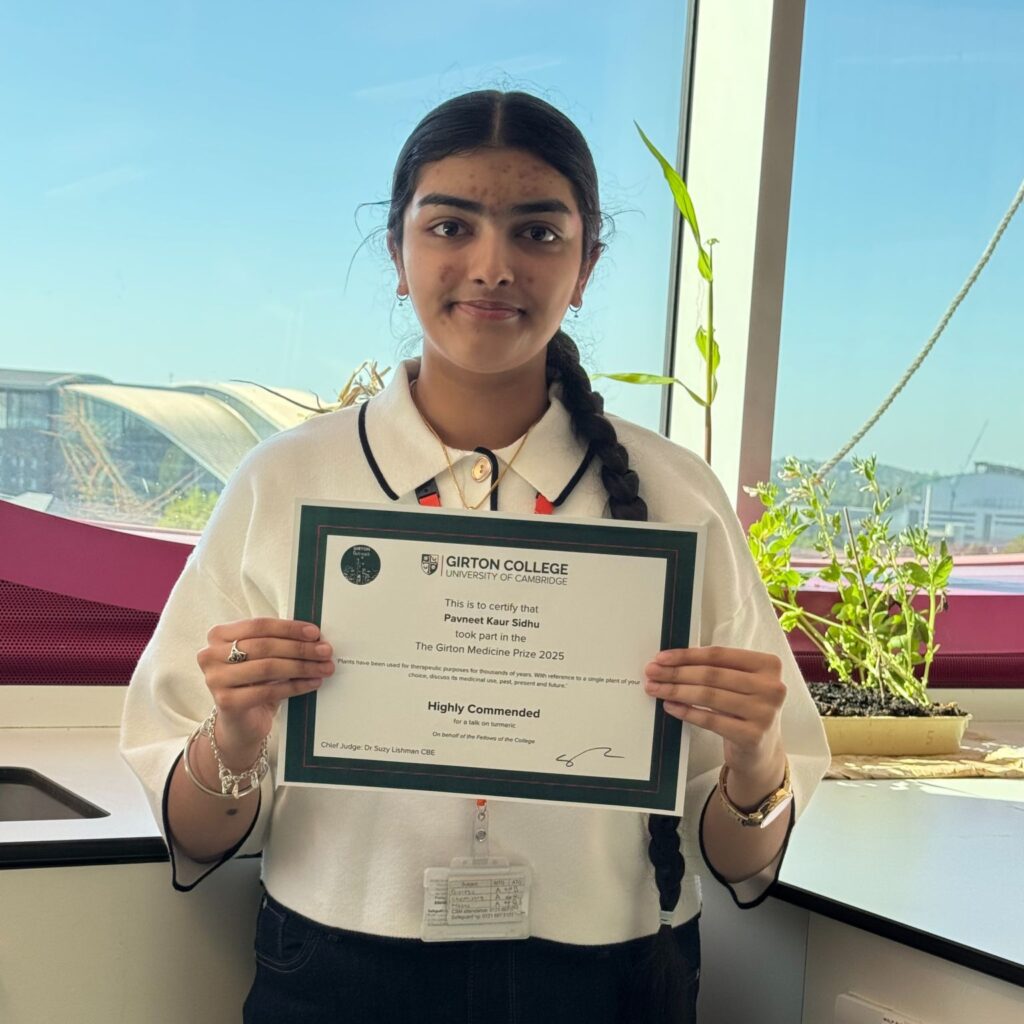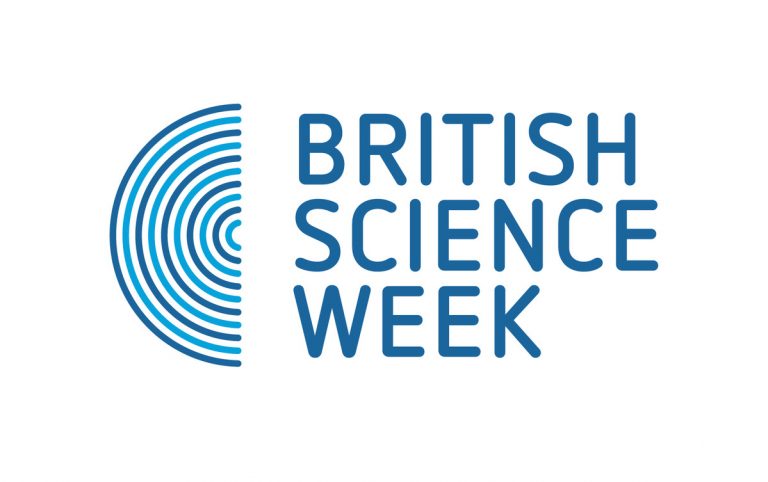Studying A Level Mathematics is stimulating, challenging and can be the most elegant and succinct way to describe the world around us. It will provide you with rational and logical processing skills, the necessary tools for a problem solver. The mathematician’s skillset is highly transferable and very desirable.
The course is popular for students who wish to purse careers in the fields of STEM, Finance and Economics. Due to Mathematics being universal, it can also be useful for other subjects including Business and Geography.
Content Overview
The course will be taught over two years and is split into three areas: Pure Mathematics, Statistics and Mechanics. You will be examined in all three areas in both the first and second year with content becoming progressively more challenging.
Year 1
Pure Mathematics
Algebraic Expressions
Quadratics
Equations & Inequalities
Graphs and Transformations
Straight Line Graphs
Equations of Circles
Algebraic Methods
Binomial Expansion
Trigonometric Identities and Equations
Vectors
Differentiation
Integration
Exponentials & Logs
Statistics
Data Collection
Measures of Location and Spread
Representations of Data
Correlation and Probability
Statistical Distributions
Hypothesis Testing
Mechanics
Modelling in Mechanics
Constant Acceleration
Forces and Motion
Variable Acceleration
Year 2
Pure Mathematics
Algebraic Methods
Functions & Graphs
Sequences and Series
Binomial Expansion
Radians
Trigonometric Functions
Trigonometry & Modelling
Parametric Equations
Differentiation
Numerical Methods
Integration
Vectors
Statistics
Regression, Correlation and Hypothesis Testing
Conditional Probability
The Normal Distribution
Mechanics
Moments
Forces and Friction
Projectiles
Applications of Forces














